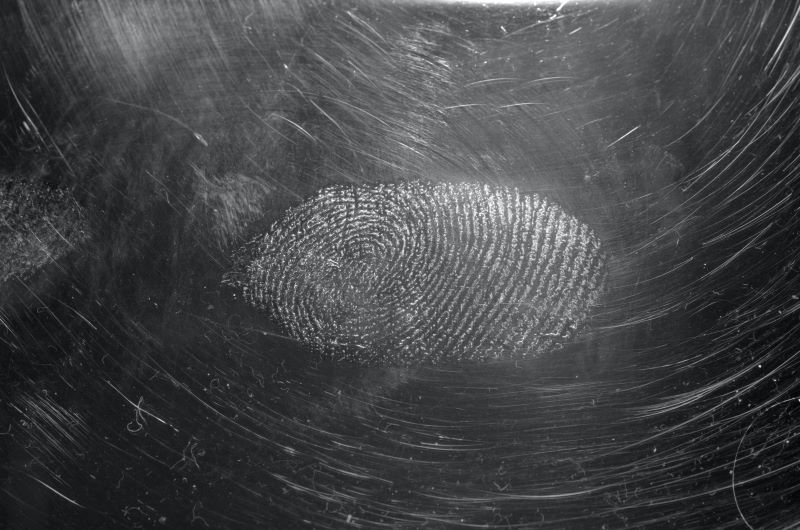Reps. Rogers and Ruppersberger applaud passage of FY14 intel authorization bill in House

Ruppersberger
The FY14 Intelligence Authorization bill, S. 1681, passed the House of Representatives on June 24 by voice vote. House Intelligence Committee Chairman Mike Rogers (R-MI), and Ranking Member C.A. Dutch Ruppersberger (D-MD) praised the bill’s passage and the solid bipartisan effort.
Through extensive bipartisan collaboration, the House Intelligence Committee produced a fiscal year 2014 bill that authorizes funding levels slightly below the President’s budget request, while ensuring continued oversight of the Intelligence Community, says a notice posted by the House committee on its Web site.
The bill authorizes funding for critical national security functions, including:
- CIA personnel and their activities worldwide;
- Tactical intelligence support to combat units in Afghanistan;
- NSA surveillance of foreign intelligence targets and cyber defense;
- Global monitoring of foreign militaries, weapons tests, and arms control treaties, including use of satellites and radars;
- Real-time analysis and reporting on political and economic events, such as current events in the Middle East;
- Science, Technology, Engineering, and Mathematics Education support; and
- Research and technology to maintain the country’s technological edge.
In a joint statement, Rogers and Ruppersberger said, “There is certainly no shortage of threats facing the United States. Al Qaeda continues to march across Iraq and Syria. Iran continues with its nuclear ambitions. North Korea continues its saber-rattling. Russia continues its brazen advances, and China continues to steal American innovation through cyber espionage. We continue to ask our Intelligence Community to work overtime to track terrorists where they train, fundraise, and plot attacks against America. And we expect our intelligence professionals to get it right, every time. This bill ensures that our brave men and women on the front lines, as well as those supporting them, have the tools they need to continue detecting, disrupting, and preventing attacks to our homeland and our allies. At the same time, it enhances transparency, privacy and civil liberties.”
The bill now moves to the President for his signature.








